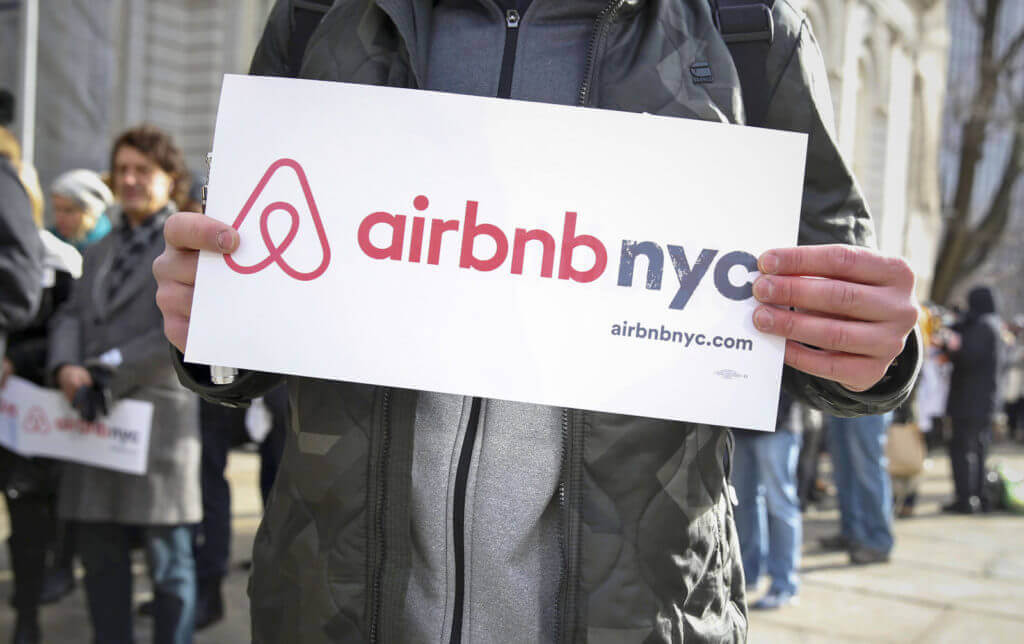
Since Airbnb first started operating in 2008, the fast-growing home-sharing company has drawn the ire of competitors in the hotel industry and lawmakers who say that short-term rentals take up scarce affordable housing stock. In New York City, Airbnb’s largest U.S. market, city officials and lawmakers are pursuing multiple avenues to obtain data from sites like Airbnb and HomeAway on their hosts and listings in an attempt to crack down on illegal rentals. In the past year, a string of subpoenas, lawsuits and other legal battles have marked a particularly strained relationship between New York City and Airbnb.
Some of those battles are either coming to a head or starting to find some resolution. In just the past few months, a Manhattan Supreme Court ruled that Airbnb had to comply with subpoenas for data issued by the city last summer, while the parties came to an agreement over a separate subpoena from earlier this year to have Airbnb share host and reservation data on more than 17,000 of its listings. On top of these separate – though related – developments, Airbnb’s lawsuit over a city law that would force home-sharing sites to regularly turn over data on its hosts is still underway.
Despite these recent developments, the question of how much data Airbnb and its peers will be made to share is still up in the air, but there are a few key legal battles to watch as New York attempts to find that answer. City & State broke down the primary conflicts over data sharing that exist between the city and Airbnb and the arguments on each side of the debate.
Why does the city want Airbnb data shared?
New York’s short-term rental laws prohibit renting out an entire apartment in most buildings if the owner is not present. Even then, the maximum number of boarders at a time is 2 people. And while legislation backed by Airbnb in the state Legislature would amend New York’s Multiple Dwelling Law so that apartments could be rented out for fewer than 30 days, the legislation has failed to progress so far.




